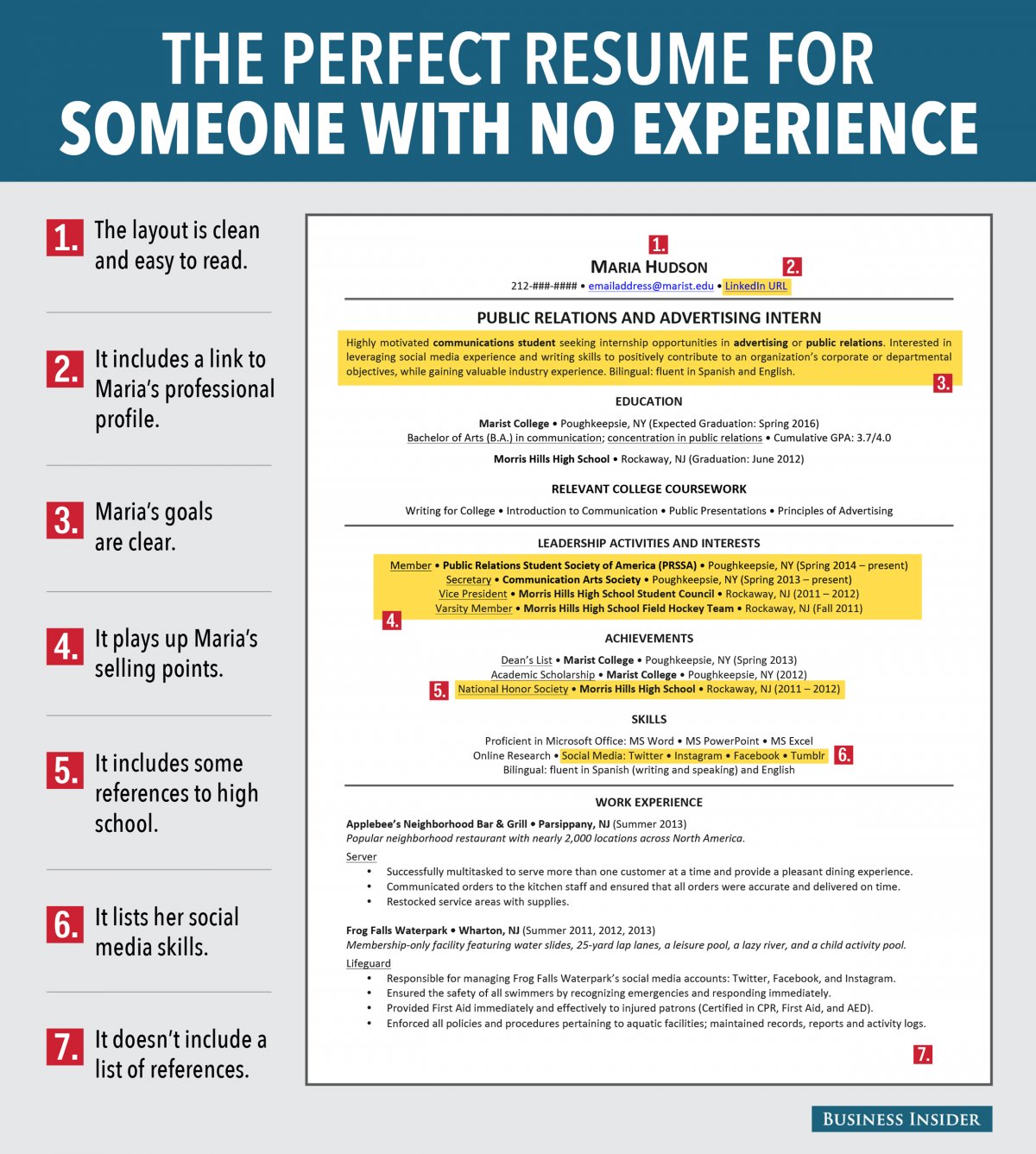GETTING GOOD JOBS: WHY YOU SHOULD LEARN MATHEMATICS

Uchechi Moses
It is not a new thing anymore that you can work in various industries without studying the basic course required for the industry. Unless for specialised professions like Medicine, Law, Engineering etc. Those disciplines and few others require you should the basic degree in the profession before practising. However, there are a myriad of others where you do not have to study the course before practising. For instance, you can become an accountant without studying accounting. Ditto being a computer programmer without studying Computer Science. There are many others.
The business nay corporate world requires graduates with the necessary cognitive abilities, creative thinking and a strong work ethic. These are not studied as courses in tertiary institutions. However, these characteristics can be found across disciplines. What does this imply? It does not matter if your first degree was in Biotechnology, you can work in a professional services such as PwC. With a degree in English and Literary Studies, you can work in banking industry. Ditto, with an engineering degree, you can work in a consulting firm and so on. You must not work in the industry related to your first degree. You can work anywhere you desire provided you fulfil the requirements of the role. Tertiary education teaches you how to become a well-rounded thinker. And with this, you can learn from any course and fit in any industry.
However, statistics have shown that the best and high paying jobs are in fields that are quantitative. That is, these fields require people who are numerate and comfortable with numbers. What this means is that: For you to get a job in such industries, you need to have at least an average understanding of mathematics. From being an aerospace engineer to an investment banker to computer scientist to a quant working in high-tech finance to artificial intelligence engineers to the geologist working in an oil field in the Arabian Desert. The highest paying jobs have one thing in common: You must know mathematics. Not knowing it reduces your chances of earning a good salary. Unless you have skills of a top athlete or entertainer, both which are rare. However, not everyone can be a Tiwa Savage or Mikel Obi.
The Nigerian labour market has become extremely competitive in the last few years (it has always been, but has just gotten extreme). The best jobs are domiciled in few industries and tend to require a numerate background to get them. One instance is in aptitude tests for graduate trainee roles. Aptitude tests do not test your knowledge of what you studied, rather it tests your aptitude. And these tests, ranging from Dragnet’s organised tests to SHL to TalentQ to the PST or Saville have quantitative sections or popularly known as numerical reasoning. Although, McKinsey’s PST requires logic not mathematics to scale through the test, logic is maths. Other notable sections include verbal and abstract reasoning. For an individual aspiring to get a good job, you must pass any aptitude test before going to the next stage. Guess what? The test assesses your numerical reasoning. You might say what about the verbal and abstract reasoning? Both are answered using logic, which is related to mathematics. What this implies is that you are likely to lose out of the competition for good jobs not because you are not qualified, but because you do not know mathematics. When I mean mathematics, I mean the basics. Talk about ratios, percentages, fractions, simple and compound interest etc. Which is why engineering graduates tend to surpass this stage due to the analytical knowledge acquired over the years. Also, not forgetting fellows from the pure sciences (Chemistry, Physics and Mathematics).
Note: Biology does not teach you mathematics. At most, biostatistics, which is very minimal in mathematical pedagogy.
It is easier for a first class graduate of physics to get a job in McKinsey and Company than a counterpart from History. Why? Physics is a numerate discipline and the knowledge aids the physics fellow to scale through the PST. Same applies across other firms in high paying industries.
Finally, it is important for current students in tertiary institutions, job-seekers and even those in secondary schools (who do intend studying courses that have nothing to do with mathematics) to have a good grasp of mathematics. As this knowledge, no matter how little, will aid them during job search and career. Do not hate mathematics, your future lies in it.
For more career discussions, join our forum, HOTPROFORUM
See also
Subscribe free to JarusHub for more tips on careers and education
[subscribe2]
Established in March 2013, JarusHub is a Nigerian information hub with focus on career and management. It is rated Nigeria's most authoritative destination for online career resources. It parades an array of Nigerian professionals who share their career experiences with a view to bridging career information gap and mentoring a generation to success. JarusHub has revolutionised career information and experience sharing in Africa. Whether you're a student, a recent graduate or an established professional, or even an executive, you will always find something to learn on JarusHub. All enquiries to jarushub@gmail.com or 0808 540 4500. Facebook: www.facebook.com/jarushub; Twitter: @jarushub or @mcjarus.
Career Q&A with Jarus: Oil & gas career, poor CGPA
September 17, 2023What is Career Counselling? How to choose the Right Career?
October 24, 2022
1 comment
Let us have your say by leaving a comment belowCancel reply
Recommended For You
-
OPENING FOR STUDENTS: FOOTBALL WRITERS NEEDED
April 9, 2016 -
AT ENTRY LEVEL, 3 THINGS YOU DON’T NEED ON YOUR CV
December 9, 2015








[…] https://www.jarushub.com/getting-good-jobs-why-you-should-learn-mathematics/ […]